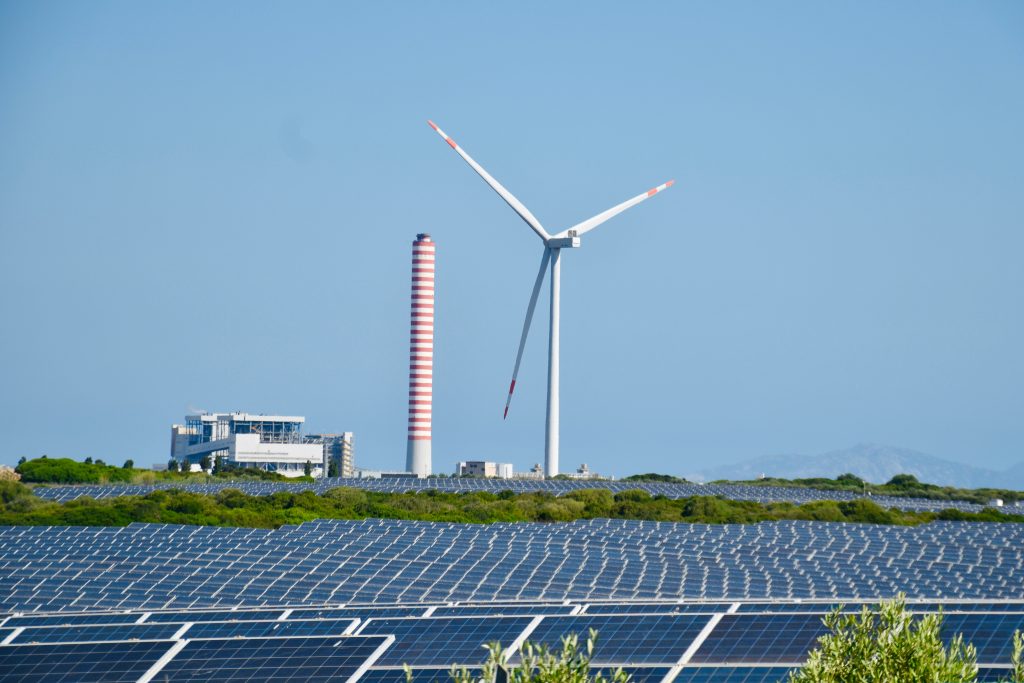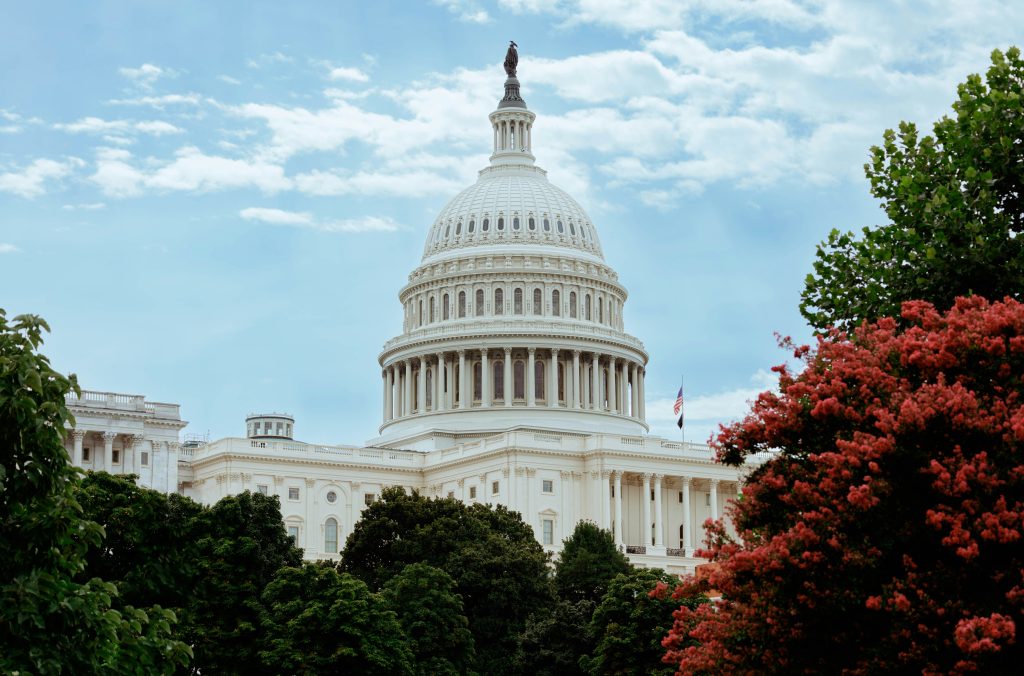UAW Files Labor Charges Against Trump and Musk for Intimidation
In a significant move reflecting ongoing tensions between labor unions and high-profile business leaders, the United Automobile Workers (UAW) union has filed federal labor charges against former President Donald Trump and Tesla CEO Elon Musk. This action comes in response to a livestreamed conversation where both figures allegedly made comments that were interpreted as threats towards UAW members. The union argues that the remarks made by Trump and Musk during their discussion could be seen as intimidating, undermining the rights of workers to organize and engage in collective bargaining.
UAW President Shawn Fain expressed strong condemnation of the comments, stating, “When we say Trump stands against everything our union stands for, this is what we mean. Donald Trump will always side against the working class.” This statement underscores the union’s belief that Trump’s past and present actions are detrimental to labor rights and protections.
The union’s legal complaints have been directed to the National Labor Relations Board, echoing concerns over the influence that powerful figures like Trump and Musk may have on labor dynamics within the automotive industry. The UAW emphasizes that such intimidation tactics are not just harmful to individual workers but also threaten the integrity of union representation as a whole.
The livestream, which touched on various topics, saw Trump praise Musk for firing employees involved in strikes. This endorsement of aggressive management tactics has raised alarms among labor advocates, who view it as an attack on the fundamental rights of workers to protest and demand better working conditions.
This situation highlights a broader conflict between labor unions and corporate leaders, particularly in industries undergoing significant transformations, such as the automotive sector amidst the rise of electric vehicles. As the UAW takes a stand against what it perceives as bullying from influential figures, it reiterates its commitment to protecting workers’ rights against any form of intimidation.
In a climate where labor relations are becoming increasingly contentious, the UAW’s actions serve as a reminder of the ongoing struggle for workers’ rights and the need for solidarity among union members. As the automotive industry evolves, the implications of this conflict may resonate far beyond the immediate parties involved, potentially influencing labor relations across various sectors. The UAW’s filing could also spark further discussions about the role of leadership in shaping labor policies and the responsibilities that come with such influence.
As this story develops, it will be crucial to monitor the responses from the National Labor Relations Board and the broader implications for labor relations in the United States. With the growing visibility of labor issues and the increasing assertiveness of unions, the dynamics between corporate power and worker rights are likely to remain at the forefront of public discourse.
Tags: Intimidation, Labor Rights, Musk, Trump, Trump Musk, UAW
Technical Glitches Overshadow Trump-Musk Interview Amid Cyberattack Claims
In a highly anticipated interview between tech billionaire Elon Musk and former President Donald Trump, the event fell short of expectations as technical difficulties plagued the discussion. The interview, streamed on X, was intended to provide insight into Trump’s campaign and Musk’s views on various issues, but instead became a focal point for controversy and speculation.
Musk, known for his ambitious ventures in technology and space, took to social media to express his frustration over the interruptions. He attributed the technical glitches to a distributed denial-of-service (DDoS) attack, a cyber assault designed to overwhelm servers and disrupt service. However, experts have cast doubt on Musk’s claims, suggesting that the issues may have stemmed from other technical failures rather than a coordinated cyber attack.
The interview itself, while featuring familiar talking points from Trump, did not offer any groundbreaking news or revelations. Instead, it felt like a rehash of past discussions, leaving viewers wanting more substance. Many tuned in hoping for a dynamic exchange of ideas, but instead were met with an awkward situation as audio issues prevented a seamless conversation.
Despite the setbacks, Musk’s endorsement of Trump was clear, indicating a continued alignment between the tech mogul and the former president. The interview was meant to showcase Trump’s views as he campaigns for the Republican nomination, but the technical issues shifted the focus away from the content of the discussion to the chaos surrounding it.
As the online world continues to grapple with the implications of cybersecurity threats, this incident highlights the fragility of live-streamed events in the digital age. The reliance on technology for communication has never been more pronounced, and the potential for disruption is a growing concern for public figures and organizations alike.
In summary, while the Trump-Musk interview aimed to provide a platform for political discourse, it instead became a case study in the challenges of modern communication. As viewers reflect on the event, questions remain about the impact of technical issues on public discussions and the role of cyber threats in shaping our digital interactions.
Tags: cybersecurity, DDoS attack, live interview, Political Discourse, Trump Musk, Trump Musk interview


